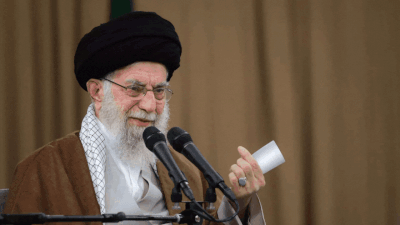
Hezbollah's leader, Hassan Nasrallah, has vowed a "real, studied" response to the killing of Shukr, who was a top adviser and accused by Israel of orchestrating attacks. This retaliation is expected to involve coordinated strikes, potentially using drones and missiles, but carefully designed to limit escalation.
Iranian officials have echoed this sentiment, emphasizing the need to "punish" Israel while maintaining regional stability. Tehran's strategy involves creating deterrence without pushing the region into a larger conflict. This approach includes psychological tactics to instill fear among Israelis while meticulously planning military actions.
The situation remains delicate, with international actors like the United States and Russia involved in diplomatic efforts to prevent a broader war. The U.S. has been urging Israel to limit its response to avoid dragging American forces into a regional conflict. Meanwhile, Russia has reportedly asked Iran to avoid civilian casualties in any retaliatory actions, highlighting the international community's concern over potential escalation.
Despite the heightened tensions, both Iran and Hezbollah appear committed to a measured approach. They aim to balance the need for retribution with the broader goal of avoiding a conflict that could engulf the entire region. This calculated stance reflects the complex geopolitical landscape and the high stakes involved in any military engagement between these adversaries.
Topics
Politics
